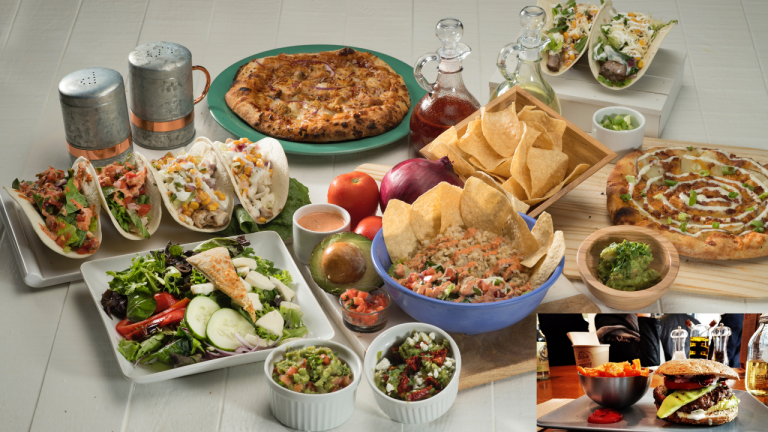How Does The Processing and Cooking of Foods Affect Their Nutrient Content?

Processing and cooking of foods can have varying effects on the nutrient content of the food. Some of the common ways in which processing and cooking can affect nutrient content include:
Heat exposure: Heat can cause the denaturation or breakdown of certain nutrients, particularly heat-sensitive vitamins such as vitamin C, thiamin (vitamin B1), and folate. The longer the cooking time and the higher the temperature, the greater the potential loss of these heat-sensitive nutrients.
Water exposure: Nutrients can leach into the cooking water or be lost during food processing that involves washing or soaking. This is particularly true for water-soluble vitamins such as vitamins C and B vitamins. For example, boiling vegetables can cause nutrient losses as some vitamins and minerals may leach into the water.
Oxidation: Exposure to air during processing, cutting, and cooking can cause oxidation of certain nutrients, such as vitamin C and certain phytochemicals, leading to nutrient losses.
Enzymatic activity: Some foods contain enzymes that can break down certain nutrients during processing or cooking. For example, enzymes in fruits and vegetables can cause nutrient losses if the foods are cut or processed and not consumed immediately.
Processing methods: Different processing methods, such as canning, freezing, and drying, can also affect nutrient content. For example, canned fruits and vegetables may experience nutrient losses during processing and preservation, while frozen fruits and vegetables can retain more nutrients due to the quick freezing process.
Food additives: Some food processing methods may involve using additives, preservatives, or fortificants, which can affect the nutrient content of the food. For example, the fortification of grains with vitamins and minerals can increase their nutrient content, but the processing methods used in fortification may also cause some nutrient losses.
It’s important to note that the specific effects of processing and cooking on nutrient content can vary depending on the type of food, processing method, time, and temperature of cooking, and other factors. In some cases, processing and cooking can actually enhance nutrient availability or bioavailability, such as in the case of cooking certain vegetables, which can make certain nutrients more accessible for absorption by the body. Overall, the impact of processing and cooking on nutrient content is complex, and it’s important to consider a balanced and varied diet that includes a variety of minimally processed and cooked foods to ensure adequate nutrient intake.



